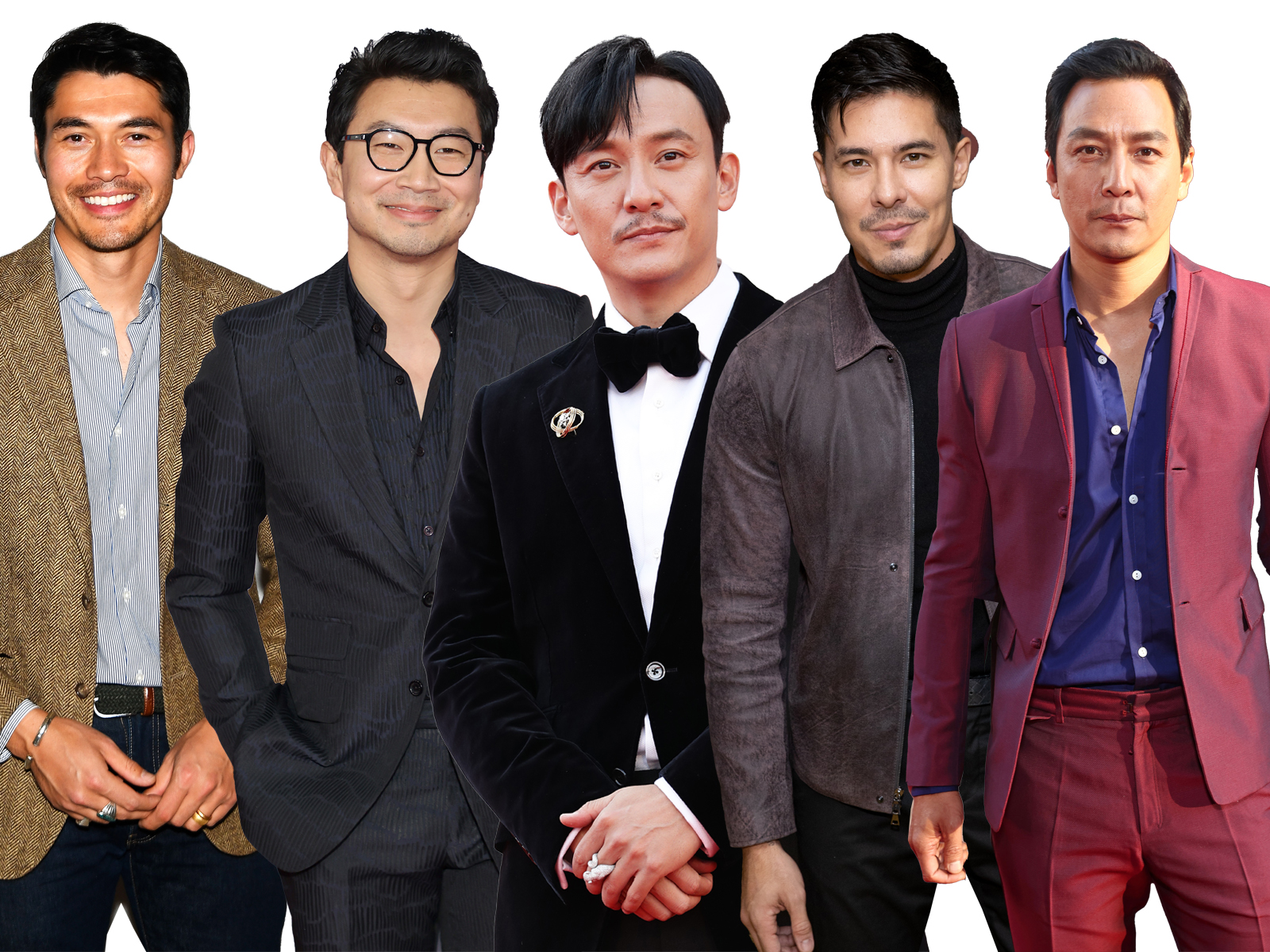
- Industry
Hollywood Gold: A New Generation of Asian Actors
Asian actors have always been a part of the Hollywood landscape, and with the recent emphasis on increasing diversity both in front of and behind the camera, it has only helped them to push the dial forward into mainstream roles. Now, leading men such as Malaysian-British Henry Golding (Crazy Rich Asians, Snake Eyes: GI Joe Origins), Chinese-Canadian Simu Liu (Shang-Chi, Legend of the Ten Rings), Taiwanese Chang Chen (Crouching Tiger, Hidden Dragon, Dune), Chinese-British Lewis Tan (Deadpool, Mortal Kombat), and Chinese-American Daniel Wu (Reminiscence), the idea of an Asian A-lister is no longer an anomaly in Hollywood.
The first Asian leading man to star in a Hollywood movie goes back to the silent film era of the 1910s and 20s, with Tokyo-born Sessue Hayakawa. And we’ve certainly come a long way since Mickey Rooney’s polarizing performance as Mr. Yunioshi in Breakfast at Tiffany’s, with Rooney voicing his regrets about the performance some years 40 years later.
Until recently, Asian actors were almost exclusively hired in martial arts-oriented films – most famously, Bruce Lee, whose expertise in combat cinema was never more realized than in Enter the Dragon (1973), widely considered one of the best martial arts movies of all time. Lee’s character regularly found himself in situations where he was severely outnumbered, in which, despite the odds, his fighting skills would always win the day.
Enter the Dragon grossed a massive $350 million worldwide (equivalent to approximately $1 billion today), on a modest budget of just $850,000.00. Lee’s virtuosity as a fight choreographer isn’t forgotten, showing up even as recently as in Quentin Tarantino’s Once Upon a Time…in Hollywood, even though Tarantino painted a rather unflattering portrayal of Lee, played by Mike Moh, as an arrogant buffoon, Lee passed on his considerable skills to his son, Brandon Lee, who died tragically while filming The Crow (1993).
Another staple in the Asian realm of actors is Hong Kong-born Chinese actor Jackie Chan, who has starred in more than 150 films, including the blockbuster franchise Rush Hour. He is both a martial artist and comic actor, known for his slapstick acrobatic fighting style and outlandish stunts, who in his 60-year career remains one of the most popular mainstream action stars of all time.
This new crop of Asian actors is fast eclipsing the careers of those who broke Hollywood ground for them, with performers such as Jet Li, Steven Yeun, Daniel Dae Kim, Ken Watanabe, and Rick Yune: as a testament to their popularity, the up-and-comers are now competing with their non-Asian counterparts for the same role roles.
Case in point: Henry Golding landed the title role in Snake Eyes: GI Joe Origins, a part which was originally written for a blonde, blue-eyed Caucasian. Golding said to Bang Showbiz, “We’re playing characters, not their background. It’s bonkers we’re still having those conversations when we’re fighting for something so much bigger. It’s toxic. We should be uplifting each other and rooting for the success of everyone, not just a few because they’ve been lucky to be brought up in a certain location.”
Yeun, who most recently starred in Minari, which won a Golden Globe in 2021, speaks philosophically about the Asian-American experience. He said during a Globes conference in January 2021, “Asian Americans are caught in the middle between the space of a collectivist society and an individualist society and the tension between those two things can make it difficult to live in. We’re not one or the other. There’s a lot to talk about, a lot to unpack. Racism exists but the work moving forward is getting to see each other human beings so we are no longer caught in these weird spaces.”
Daniel Dae Kim, who starred in the hit TV show Lost, told People TV, “When I did Lost, for some Americans it was the first time they’d seen Asians on TV and speaking in another language. It was a big step towards acceptance of Asians and our stories.”
With still a ways to go, actors like Golding, Yeun and Kim are taking the first steps toward breaking stereotypes and smashing misconceptions – one movie at a time.